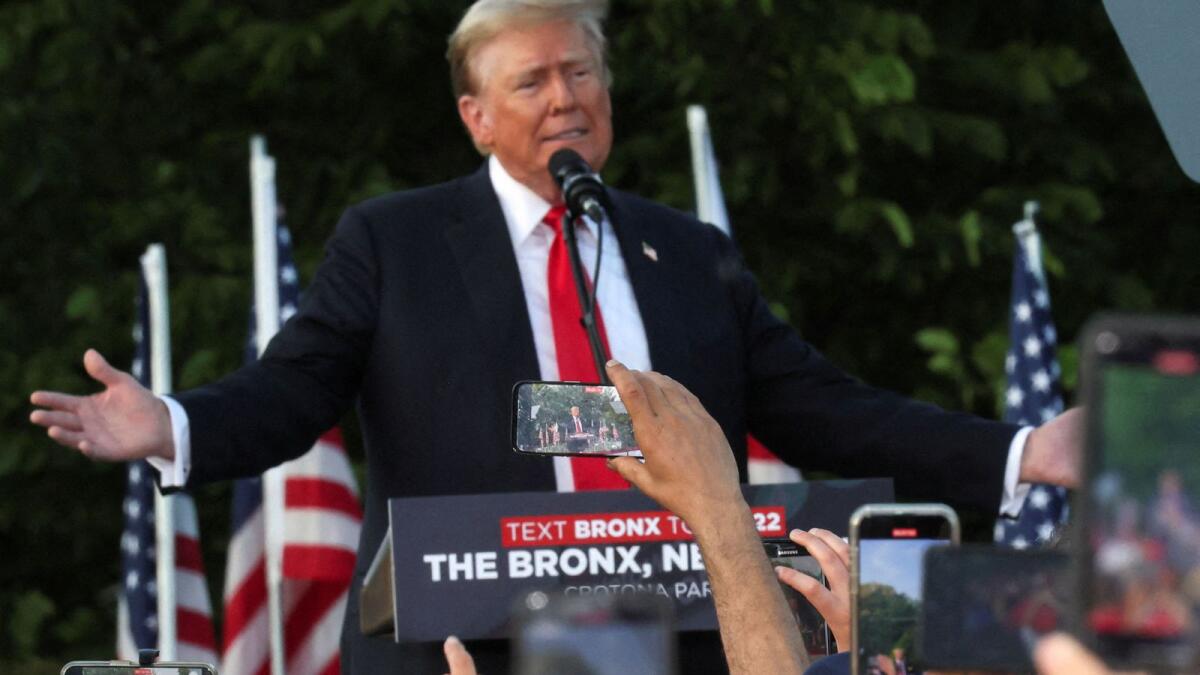Former President Donald Trump’s potential return to the White House in November has investors closely monitoring Latin America’s markets. The region experienced strained relations with the Trump administration, especially during the COVID-19 vaccine distribution and financial aid withholdings over migration policies. Investors are anticipating various scenarios should Trump win a second term.
Mexico, long considered a barometer for emerging markets in relation to US policy, faces a complex situation due to domestic factors. While Trump’s 2016 election caused the peso to drop significantly, recent political developments have already impacted the currency. Trade relations between the US and Mexico will likely be a key issue, given Trump’s involvement in revamping the USMCA trade deal. The peso is expected to fluctuate leading up to the US election as traders hedge against potential outcomes.
Personal relationships between Latin American leaders and Trump could also influence the region’s financial landscape. Countries like El Salvador and Argentina are seeking financial support from institutions like the IMF, with Trump’s backing of Argentine President Mauricio Macri in 2018 leading to a substantial program. El Salvador’s President Nayib Bukele is expected to seek a new IMF program post-election, while relationships with these leaders could impact regional finances.
The ongoing Venezuelan crisis and its upcoming presidential election in July will be crucial in determining its prospects of rejoining the international community. Trump intensified sanctions against Venezuela during his term, while President Biden has expressed a desire for fair elections and better relations. The next US president will play a pivotal role in Venezuela’s future, especially regarding its massive debt restructuring and ability to issue new bonds under current sanctions.
Under a possible second Trump administration, relationships with authoritarian governments in Cuba and Nicaragua are expected to deteriorate further. Additionally, a potential escalation of the trade war with China could have ripple effects on Latin American commodity exporters. Biden has maintained Trump-era trade policies towards China, and heightened tensions could lead to Beijing devaluing its currency to make exports more competitive, impacting Latin American countries like Brazil, Argentina, Mexico, and Chile.
In conclusion, the potential re-election of Donald Trump could have significant implications for Latin American markets and economies. Domestically, countries like Mexico may face challenges in trade relations, while personal relationships with leaders like El Salvador’s Bukele and Argentina’s Milei could impact financial support from international institutions. The Venezuelan crisis and strained relationships with authoritarian governments in the region, along with the China trade war, are factors that investors need to monitor closely in anticipation of a possible return of the Trump administration.











